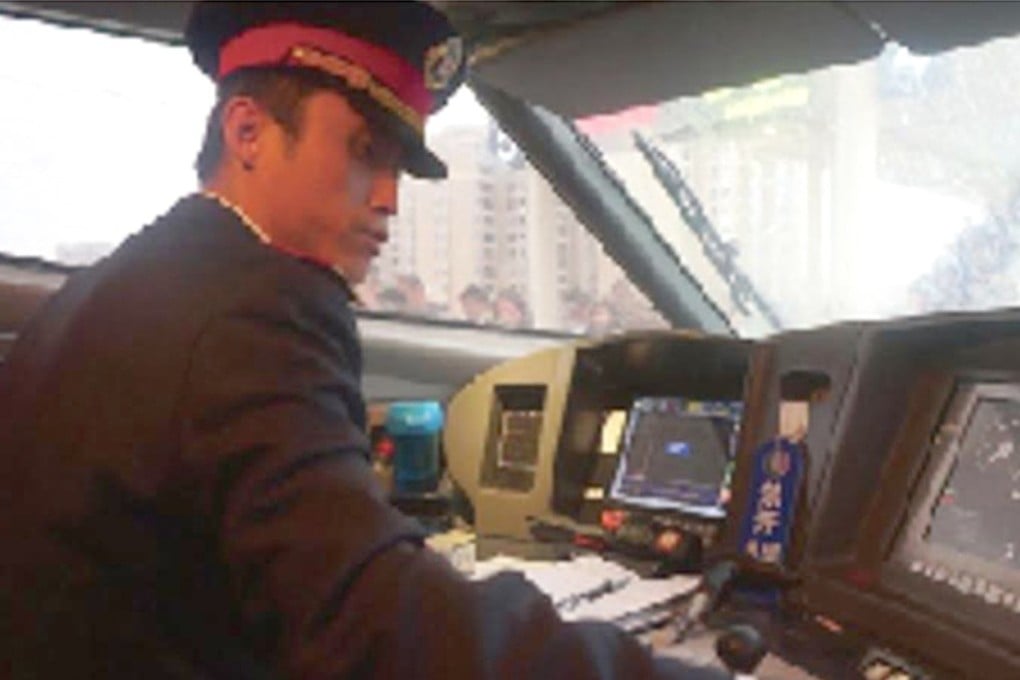‘Forget the Facebook leak’: China is mining data directly from workers’ brains on an industrial scale
Government-backed surveillance projects are deploying brain-reading technology to detect changes in emotional states in employees on the production line, the military and at the helm of high-speed trains

On the surface, the production lines at Hangzhou Zhongheng Electric look like any other.
Workers outfitted in uniforms staff lines producing sophisticated equipment for telecommunication and other industrial sectors.
But there’s one big difference – the workers wear caps to monitor their brainwaves, data that management then uses to adjust the pace of production and redesign workflows, according to the company.
The company said it could increase the overall efficiency of the workers by manipulating the frequency and length of break times to reduce mental stress.
Hangzhou Zhongheng Electric is just one example of the large-scale application of brain surveillance devices to monitor people’s emotions and other mental activities in the workplace, according to scientists and companies involved in the government-backed projects.
Concealed in regular safety helmets or uniform hats, these lightweight, wireless sensors constantly monitor the wearer’s brainwaves and stream the data to computers that use artificial intelligence algorithms to detect emotional spikes such as depression, anxiety or rage.
